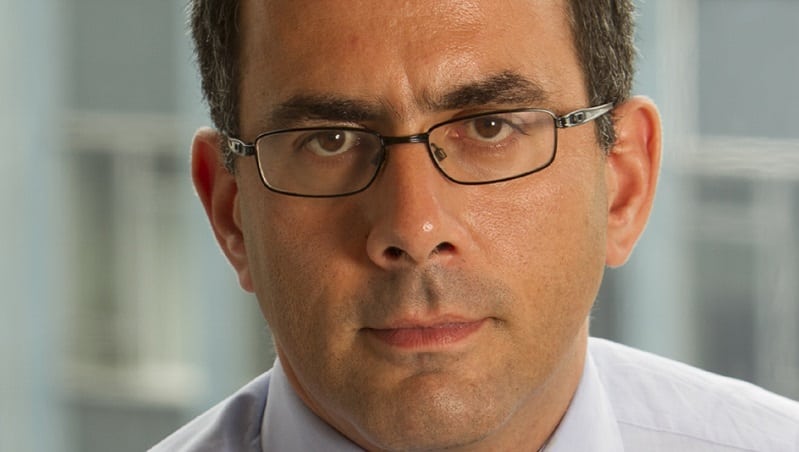Jupiter has decided to overhaul its beleaguered absolute return fund but one commentator thinks it would have been “bolder” to close the fund and give investors their money back.
Previously run by James Clunie, the fund shed most of its assets in 2020 following a period of torrid performance and heavy redemptions. It is now sitting on losses of 22.5% over three years, according to Trustnet, and is down 0.3% on a one-year view, while the IA Targeted Absolute Return sector is up 6.7%.
But on Tuesday Jupiter said it had decided to “refresh” the £67.7m fund alongside two other flailing vehicles, the Jupiter Distribution and Jupiter Distribution and Growth fund, “with a view to better positioning the funds to deliver on their investment objectives”.
Following manager departures in 2020 all three funds have been run by Jupiter’s multi-asset team, led by Talib Sheikh.
The £67.7m Jupiter Absolute Return fund will be rebranded as the Jupiter Flexible Macro fund. Instead of achieving a “positive absolute return” its objective will now be to provide a “positive total return” and its benchmark will change from the 3m LIBOR GBP to SONIA GBP.
Elsewhere the Jupiter Distribution fund and Distribution and Growth funds will be renamed the Jupiter Multi-Asset Income and Multi-Asset Income and Growth funds. Both are shifting from a UK target benchmark to a more global performance comparator, but will still require a minimum investment in UK shares of 50% and 25% respectively.
“We were delighted to add these three portfolios to our multi-asset range last year, and have already seen encouraging indicators from the updates we have made to the portfolios,” said Sheikh. “We believe these further changes will provide the additional flexibility and diversification needed to perform in today’s environment, without changing the funds’ existing levels of risk.”
See also: Jupiter still faces absolute return problems despite James Clunie exit
Absolute Return fund will likely struggle to grow assets
AJ Bell head of active portfolios Ryan Hughes said Jupiter’s Distribution funds “were effectively a relic of a bygone era” and the changes bring them in line with the broader multi-asset market “that has moved on significantly in the past decade”.
However he finds the refresh of the Absolute Return fund harder to square.
The fund has sub £100m in assets, a woeful track record and is in a sector “that just about nobody loves,” meaning it will likely struggle to grow, Hughes notes.
“The bolder step would have been to close the fund and give remaining investors their money back,” he continued.
“Instead, the fund will likely limp on when investors would have done better having their money in a bank account and with interest rates where they are, that is no endorsement at all.”
See also: End of an era for mega absolute return funds as investors pull billions during Covid crisis
Benchmarks
Independent wealth consultant Adrian Lowcock agrees the updates allow the managers to be more flexible and better reflect Sheikh’s background and approach to investing in multi-asset and absolute return funds.
He said the benchmark change to the Flexible Macro fund is “generous” considering it only has to beat SONIA.
“There is no target to outperform by a set amount, so this doesn’t look ambitious, but hasn’t materially changed from the previous LIBOR benchmark,” Lowcock said.
Meanwhile, he notes the benchmark shift for the Multi-Asset Income fund is more severe.
“The Jupiter Multi-Asset Income fund will have at least 50% hedged back to sterling, but the benchmark will be 85% hedged back to sterling. The appropriateness of the benchmark hedging back so much into sterling will only make sense if the fund has similar levels of hedging and not the 50% minimum,” Lowcock said.
“In addition, 75% of the benchmark for this fund will be bond based. These changes are significant and differ materially to the fund in its current form and it is not clear how much bond exposure the new fund will have. The benchmark makes sense if the new fund structure will have a similar amount in bonds.”










